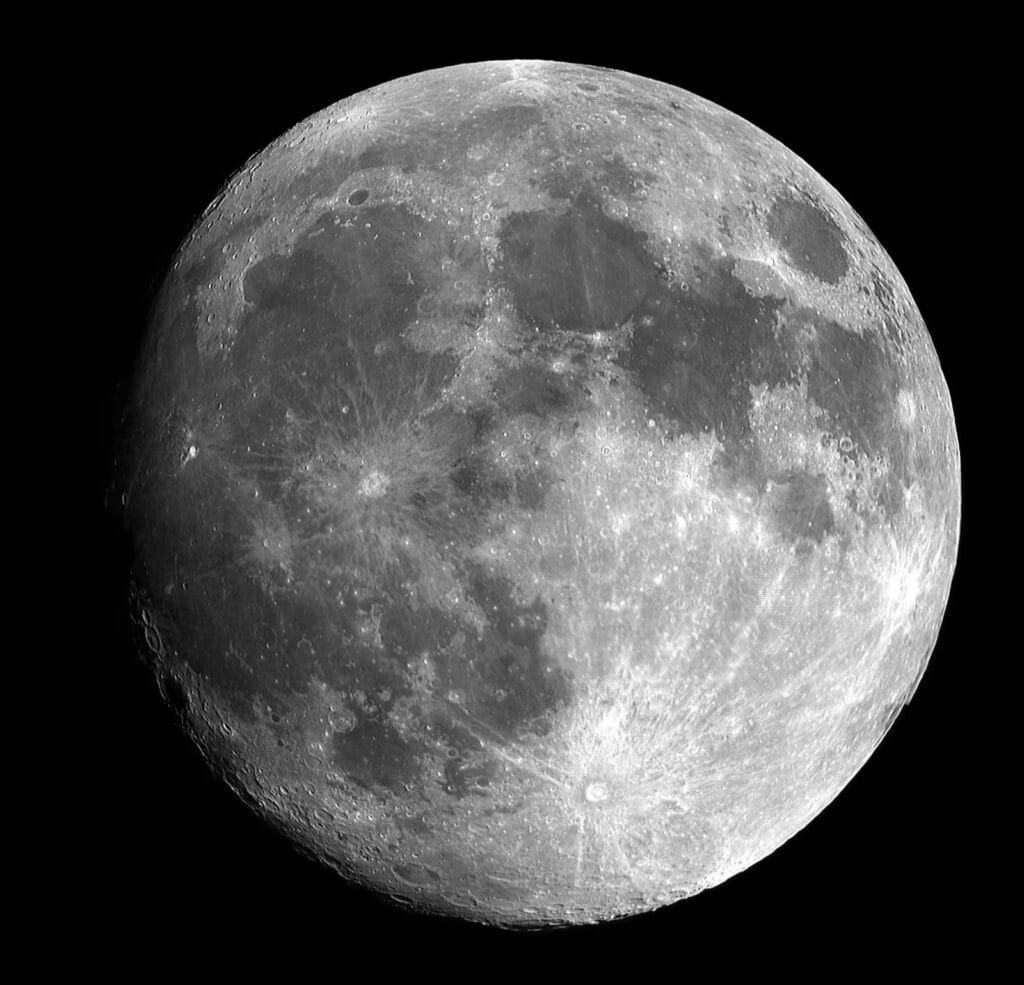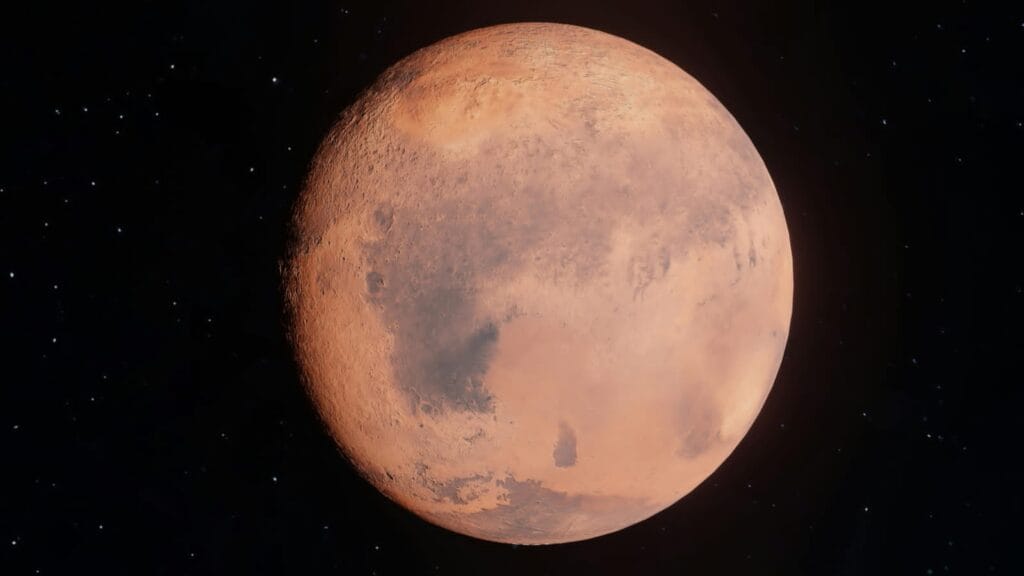Introduction
One of the greatest and most ambitious human achievements is space exploration. From the first days of marveling at the night sky to sending humans to the moon, the quest for knowledge beyond Earth’s boundaries has led to innumerable scientific and technological breakthroughs. As space agencies, private businesses, and countries continue to push the limits of exploration, driven by the ambition to find new worlds, look for extraterrestrial life, and secure the survival of humanity, we find ourselves at a pivotal moment.
A brief history
With the rivalry between the US and the USSR during the Cold War, the modern era of space exploration got underway. Essentially starting the space race, the Soviet Union launched Sputnik 1 in 1957, making it the first man-made object to circle the Earth. In response, the United States launched the Apollo 11 mission, which eventually led to the 1969 landing of astronauts Neil Armstrong and Buzz Aldrin on the moon. The iconic quote from Armstrong that read, “That’s one small step for man, one giant leap for mankind,” reflected the aspiration of all people to transcend our planet.
Subsequent to the Moon landings, notable accomplishments included the construction of space stations like Skylab and the ISS, as well as robotic expeditions to the furthest regions of the solar system. Launched in 1977, the Voyager spacecraft revealed previously unheard-of information about the outer planets. It is currently in interstellar space with a golden record that contains communications from Earth.

Exploration of modern space and it’s difficulties
Space exploration has never been more ambitious or diverse than it is today. Humanity is advancing its space exploration through organizations like NASA, the European Space Agency (ESA), Roscosmos, and more recent entrants like China’s CNSA (China National Space Administration) and India’s ISRO (Indian Space Research Organization). With its deeper-space observations than the Hubble Space Telescope, the James Webb Space Telescope (JWST), which was launched in 2021, is transforming our knowledge of the cosmos.
But space travel has its own of difficulties. Space missions continue to be expensive to launch and maintain. Even with the development of reusable rocket technology, which has been led by private businesses like SpaceX with its Falcon 9 and Starship vehicles and Blue Origin with its New Shepard, the cost of building the infrastructure and technology required for deep space exploration remains a major obstacle. Risks in space are also distinct. The long-term health implications of microgravity, psychological difficulties brought on by solitude, and cosmic radiation are among obstacles that human missions must overcome. Precision and dependability are critical for robotic missions, as seen by the successful landings of China’s Zhurong Rover and NASA’s Perseverance Rover on Mars. However, mishaps can result in the loss of years of effort.
International cooperation and the role of the corporate sector
Over the past ten years, the growing role of the private sector in space exploration has been one of the biggest changes. Along with serving national space agencies, businesses like SpaceX, Virgin Galactic, Blue Origin, and Rocket Lab are also working toward their own lofty goals. In order to bring the long-held ambition of a multi-planetary existence closer to reality, SpaceX’s Starship intends to transport humans to Mars. Meanwhile, Virgin Galactic and Blue Origin are attempting to make suborbital space travel more accessible so that regular people can get closer to the stars than ever before.
International collaboration is now also essential. 15 countries worked together to create the ISS, which is proof of what people can accomplish when they work together. Additional examples of this collaborative attitude can be found in upcoming projects such as the Lunar Gateway, a multinational space station intended to circle the Moon. Collaboration between nations and private groups can increase the viability of ambitious projects by pooling resources, finance, and expertise.
The future of space exploration: Mars and beyond

The exploration of Mars by humans is one of the most intriguing space exploration objectives of our time. Humanity faces both opportunities and challenges on the red planet. Mars missions would provide a test site for future colonization, let scientists to investigate the potential of past or current life, and do geological and atmospheric studies. Planning is already in progress for manned missions to Mars, as demonstrated by the success of NASA’s Perseverance Rover and the Ingenuity helicopter.
Beyond Mars, there is considerable interest in visiting Titan, Saturn’s largest moon, which has methane lakes and intricate chemical chemistry, and Europa, one of Jupiter’s moons that is thought to contain a huge subsurface ocean. The answers to one of humanity’s deepest questions—are we alone in the universe?—may be found at these locations.
The moral and ecological aspects
Although the idea of space travel is exciting, there are moral and environmental issues involved. Because space is viewed as a shared and unspoiled environment, human activity must be kept to a minimum. Existing satellites and upcoming missions are increasingly at risk from space debris, which is produced by abandoned satellites and rocket leftovers. Furthermore, ownership and regulation concerns are raised by conversations regarding the use of space resources, such as mining asteroids. According to the 1967 Outer Space Treaty, no government or group can claim sovereignty over space; it belongs to all of humanity. Reexamining such treaties to guarantee equitable and sustainable practices will be crucial as technology develops.
Conclusion
Exploration of space remains one of the most profound and fascinating endeavors of humanity. From landing on the Moon to exploring far-off planets, the accomplishments of the last few decades have only heightened our interest. We are now at the beginning of a new era, characterized by technological advancements and more international collaboration. This period might usher in the growth of humanity as a spacefaring civilization by bringing us not only to Mars but even beyond. Although the road may be difficult, the benefits in terms of survival, unity, and knowledge are immeasurable.
☆THANKYOU!☆









